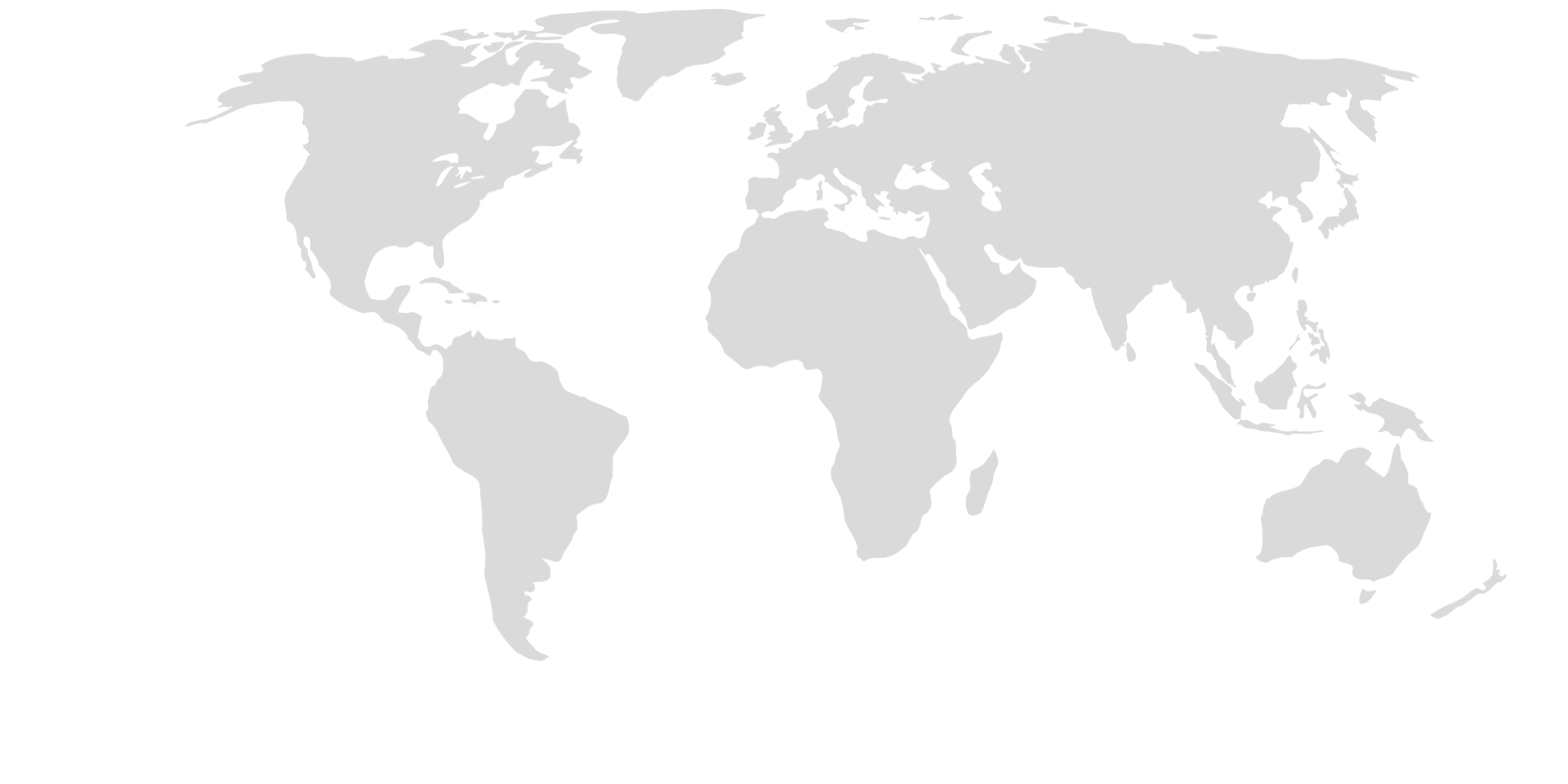As the number of companies committed to producing and sourcing fully deforestation free palm oil increases, there is growing awareness that traceability is an essential requirement for meeting that commitment. Companies throughout the supply chain need to be able to prove sustainability at source in order to safeguard their reputation and comply with internal or customer sourcing guidelines. As a result, many companies have signaled their intention to move to full traceability.
However, unless the industry aligns and articulates clearly what traceability means and how it can be achieved, traceability will remain an ambiguous concept and the scale required to make it economical will not be possible. The Palm Oil Traceability Working Group (TWG) was formed in early 2014 to address this challenge. The TWG is a committed group of palm oil producers, traders and users who are working together to define traceability and the roadmap to get there.
Related projects

Publications
| Title | Type | Year | Regions | TAF |
|---|---|---|---|---|
| Presentation on verification | Presentation | 2016 | - | - |
| Sample verification report | Report | 2016 | - | - |
| Assessment criteria for verification | Report | 2016 | - | - |
| TWG Mill verification methodology report | Report | 2016 | - | - |
| TWG concept note | Brochure | 2016 | - | - |
No publications found.

